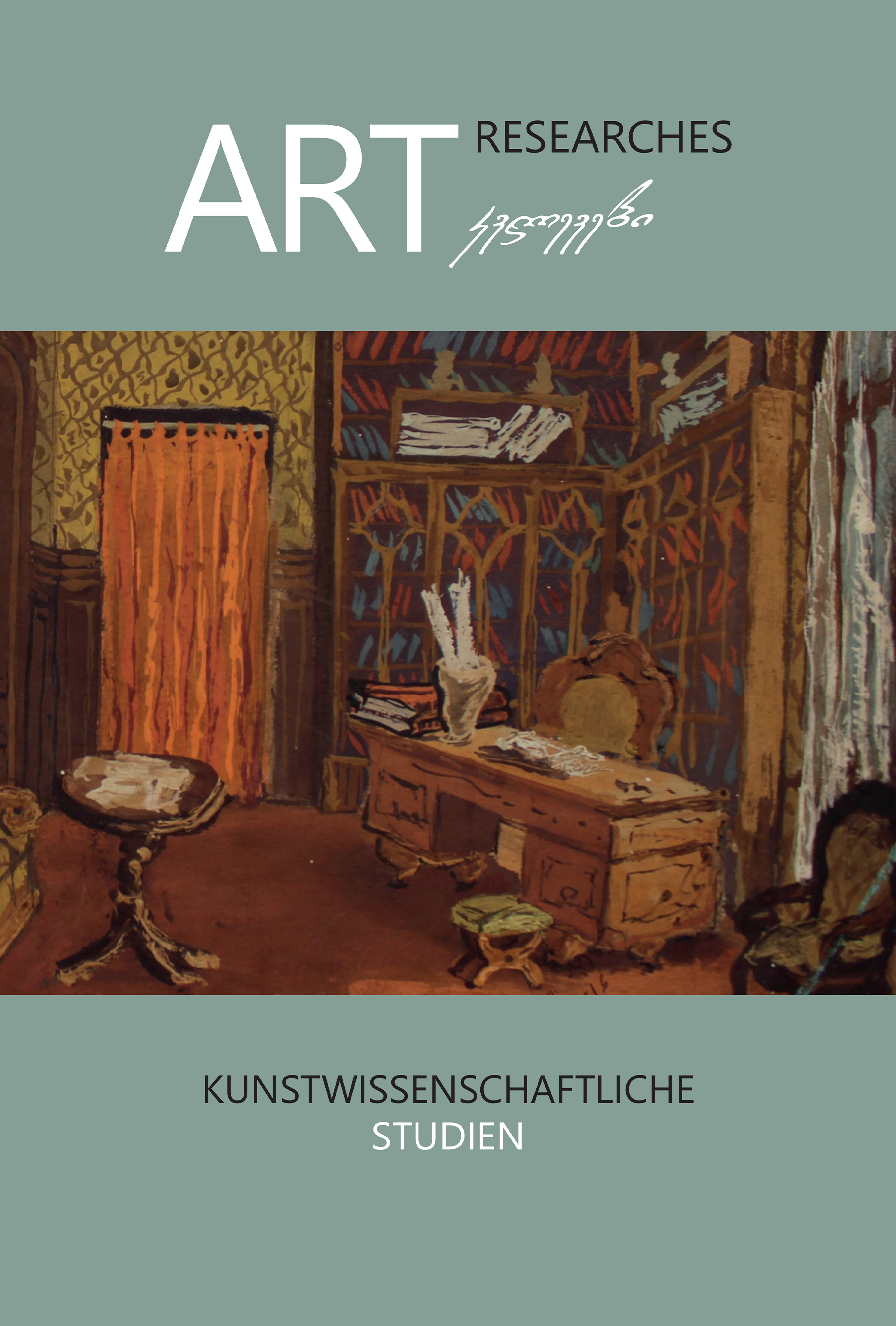THE POSTMODERN ACCENTS - "GEORGIAN NOTEBOOKS" BY AKA MORCHILADZE
Main Article Content
Abstract
"Georgian Notebooks" by Aka Morchiladze awakens a postmodern attitude in us right from the preface, as the author continues the narrative in this direction. "Some time ago, I read a lot about the memoirs and memoirs of Georgians dating back 100 years. A piece of what remained in my memory was reflected in the following text. It may be that not everything is exactly right, but it has imprinted itself on my memory and I have not suppressed it."
It is precisely this kind of associative memory that gives rise to the postmodern narrative, in which an entire system of simulacra comes together, in whose artistic diapason/ sphere of influence no traditional images or archetypes overlap or become recognizable in their original form. The reason for this is that postmodernism creates a kind of freedom of cognition, it destroys both chronology, i.e. the order of time, and chrestomatic imagery, thereby creating original subtexts for the intellectual reader with corresponding artistic references and codes...
That is why Aka Morchiladze's work "Georgian Notebooks" is in essence a kind of postmodern album - compiled from the "images of the 19th century". I will first examine only a few literary illustrations from it, namely "The Life of Tato", "Nikala", "The Opera" and "The Theatre".
As a virtuoso writer, Aka Morchiladze has brought the "georgian word", "character", "feature", "fate of the nation" onto the great stage of world history in this work. All this forms a train of thought characteristic of postmodern narrative, which the author has achieved by various means - whether through the free flow of ideas or through his completely unusual style of writing.
